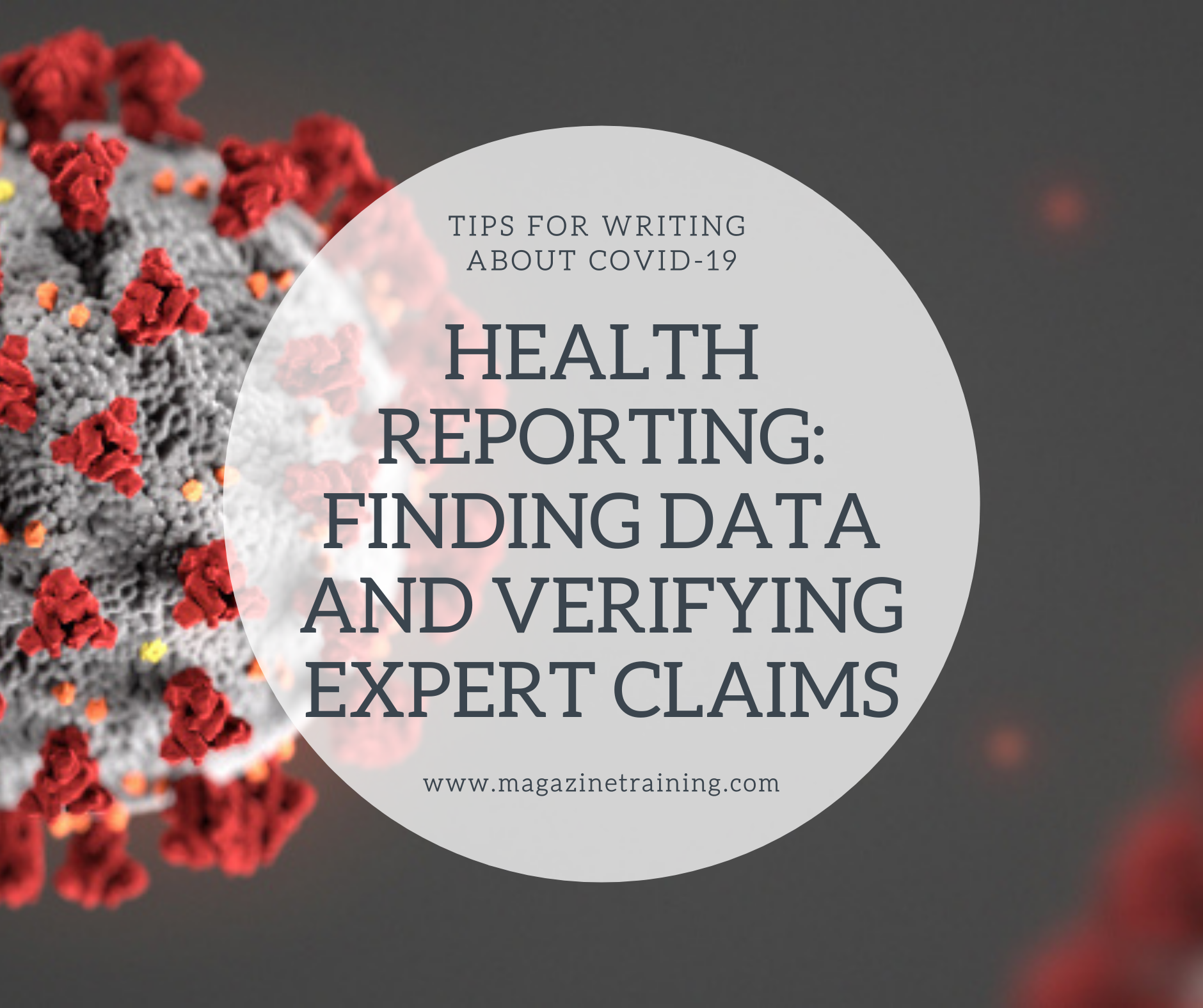
Since the start of the pandemic, COVID-19 stories have appeared on the homepages of publications around the globe, making health stories mainstream. As the beat gains popularity, reporters new to health reporting can fall into avoidable pitfalls, such as failing to put research into meaningful context.
In a recent ICFJ Global Health Crisis Reporting Forum webinar, Nigerian health journalist Paul Adepoju shared tips to help reporters old and new incorporate data and expert sources in their health stories.
Don’t rely on data to tell the whole story
Typically, the first question a journalist asks when examining data is “How many?” For example, “How many children are affected?” “How many women have died?” or “How many new cases have there been?” Adepoju suggested going beyond these simple questions. “What data can’t tell you, you must get elsewhere,” he said.
Follow-up questions will improve your reporting. For example, if cases have tripled, ask yourself, “Why?” That follow-up question is crucial to establishing the direction the story will go. Moving beyond simple datasets and conducting further research will allow you to uncover new findings that could change your story entirely, and even uncover more consequential storylines.
If possible, go into the community and ask questions. Community members, researchers and other experts will provide information that you won’t find in the numbers.
Avoid bias
Some journalists choose the angle of their story before looking into the data, which creates bias. Some journalists even write their story, then find data to support it. “Whatever you are looking for, data will support it,” said Adepoju. “Be careful.”
To avoid bias, approach research with an open mind, looking to find trends in the data. Your findings might be completely different from what you thought you were looking for — that’s okay.
“We need to move from using data to verify what you already have in mind,” Adepoju added. “Instead, use data to give direction.”
Locate the data you need
Data is the starting point of a great story, said Adepoju. But where can you find relevant statistics for your region?
To start, check out the Google interface that allows users to see real-time statistics on new cases and mortalities by region.
by Naomi Ludlow, International Journalists’ Network
Related posts
Category: Uncategorized
Malnutrition is a health crisis affecting millions around the world — and one becoming more urgent as the pandemic continues. Its impact is not just represented in […]
Magazine Training International’s mission is to encourage, strengthen, and provide training and resources to Christian magazine publishers as they seek to build the church and reach their societies for Christ.

